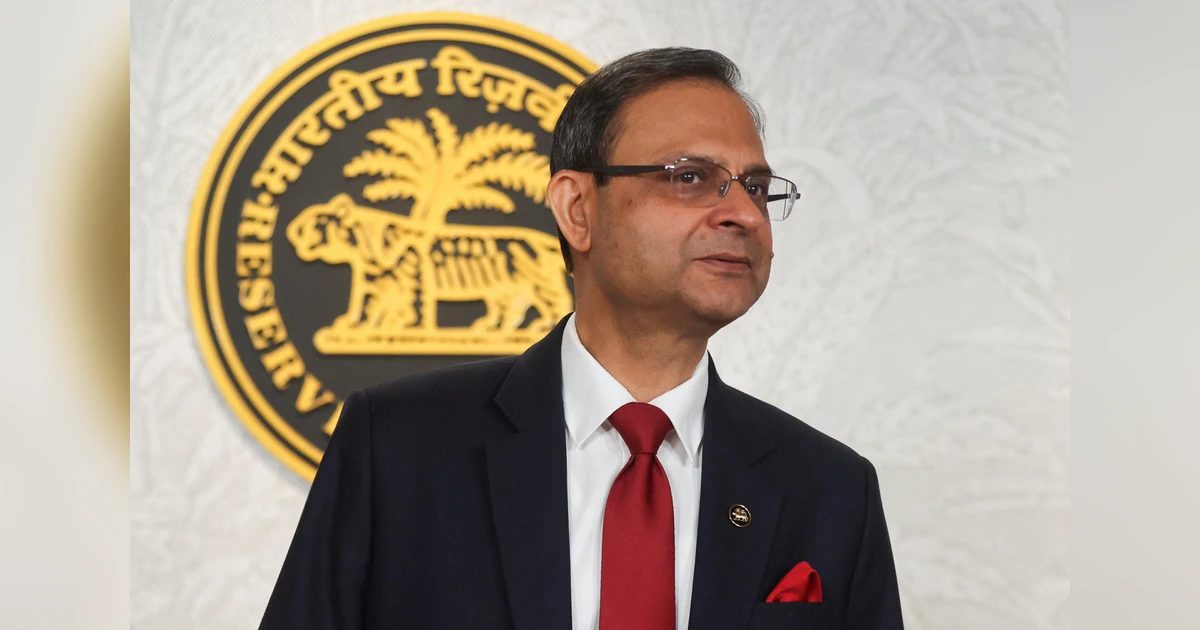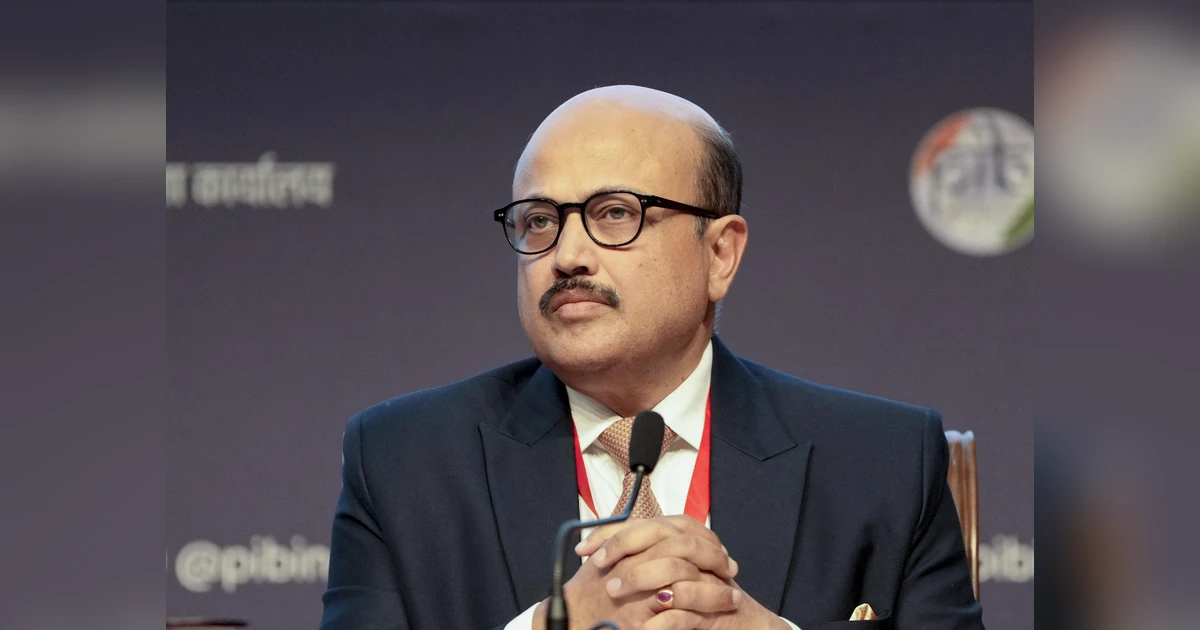The unemployment rate in urban areas fell for the fourth consecutive quarter, according to the Periodic Labour Force Survey (PLFS) results for April-June 2022, released on Wednesday. The unemployment rate in current weekly status terms for all ages in the June quarter has been estimated at 7.6 per cent. This is the lowest in the last four years.
The current weekly status for all ages among men and women has been estimated at 7.1 and 9.5 per cent, respectively. The rate has been showing a continuous decline since the June 2021 quarter, when it was estimated at 12.6 per cent.
Earlier this month, the Centre for Monitoring Indian Economy (CMIE) in its report estimated the country’s unemployment rate in July at 6.80 per cent from 7.8 per cent in June 2022.
Marginal increase in LFPR and WPR
The June quarter also saw a marginal increase in the labour force participation rate (LFPR) to 47.5 per cent from 47.3 per cent in the March 2022 quarter. The female LFPR registered a marginal increase of 0.5 percentage points from 20.4 per cent in January-The male LFPR increased slightly from 73.4 per cent in March 2022 to 73.5 per cent in the June quarter.
The worker to population ratio (WPR) also saw a marginal increase of 0.5 percentage points from 43.4 per cent in the March quarter. The female WPR stood at 18.9 per cent as against the 68.3 per cent for males.
Quarterly PLFS
Prior to the PLFS, the National Sample Survey Organisation (now known as NSO) under the Ministry of Statistics and Implementation used to bring the data related to employment and unemployment based on its quinquennial (every five years) household socio-economic survey programme.
It was in April 2017 that India’s first computer-based survey was launched to measure the dynamics in labour force participation and employment status in the short interval of three months for urban areas only in terms of current weekly status (CWS).

Dear Reader,
Business Standard has always strived hard to provide up-to-date information and commentary on developments that are of interest to you and have wider political and economic implications for the country and the world. Your encouragement and constant feedback on how to improve our offering have only made our resolve and commitment to these ideals stronger. Even during these difficult times arising out of Covid-19, we continue to remain committed to keeping you informed and updated with credible news, authoritative views and incisive commentary on topical issues of relevance.
We, however, have a request.
As we battle the economic impact of the pandemic, we need your support even more, so that we can continue to offer you more quality content. Our subscription model has seen an encouraging response from many of you, who have subscribed to our online content. More subscription to our online content can only help us achieve the goals of offering you even better and more relevant content. We believe in free, fair and credible journalism. Your support through more subscriptions can help us practise the journalism to which we are committed.
Support quality journalism and subscribe to Business Standard.
Digital Editor





